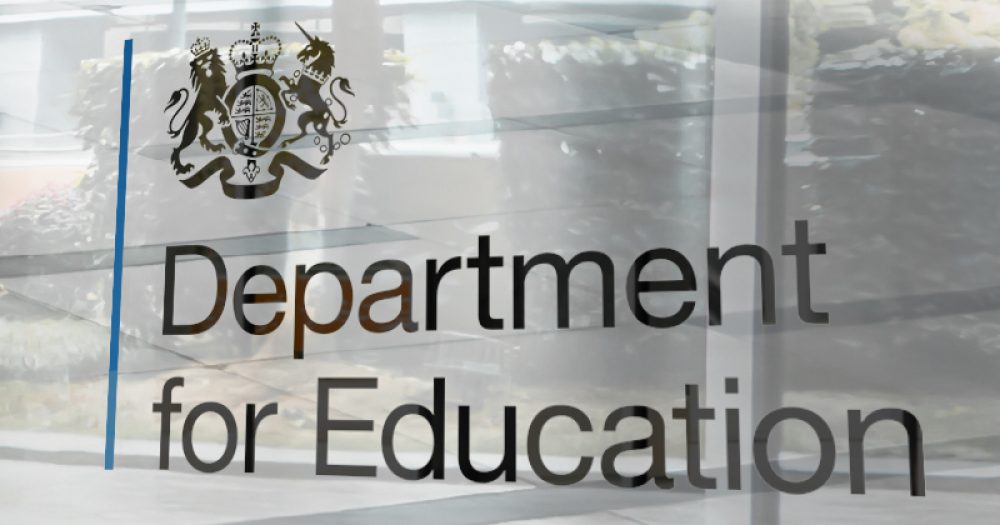The parliamentary ombudsman is to investigate the government’s handling of a school closure in Coventry.
Clare McArthur, a campaigner and former teacher, has complained about the way Department for Education (DfE) officials handled requests for information about the closure of Woodlands Academy.
She received the final documents she wanted in January this year, 18 months after the school closed and following several formal complaints and a request for an internal review.
The academy, Coventry’s last boys’ school, closed in July 2016 amid concerns about falling numbers and financial pressures. Its pupils moved to the new Coventry West Academy, created from a merger with Tile Hill Wood girls’ school.
McArthur, whose son is a former pupil at Woodlands, said she wanted to know what the “specific reasons were determining why it was deemed appropriate to close the school.
I’m devastated so many pupils have now been denied the opportunities that were afforded to our son
“All I really wanted was an explanation, because I and my family hold Woodlands in the highest regard,” she told Schools Week. “I’m devastated so many pupils have now been denied the opportunities that were afforded to our son.”
However, her complaint was not a “crusade” to resurrect the school, but a bid to get the government to be more transparent.
“The school has gone and that’s the end of it. My main concern is determining the validity of these decisions, and I wonder if this sort of thing is happening in other places.
“I would like to establish that regulation is in place to make sure procedures are properly adhered to, that there is complete transparency and people are held accountable for what they do.”
McArthur claims that she made multiple unsuccessful attempts in early 2016 to question Pank Patel, the former regional schools commissioner for the West Midlands. By June that year, the consultation was over and Patel had left his post, but McArthur says that her emails had still not been acknowledged.
Further emails and two online complaints to the DfE also went without response, until December 2016 when McArthur was finally informed by Christine Quinn, Patel’s successor, that the DfE had got her email address wrong.
Quinn still refused to release ministerial documents on the business case behind the closure, instead providing a record of meetings of the area’s headteacher board. But the minutes only recorded the decision made, not the reasons behind it or details of any arguments made at the time.
After another formal complaint, McArthur was finally sent “heavily redacted” headteacher board papers in February 2017. Some of the redactions were removed when she demanded an internal review, but the business case for the closure was still not released.
In October last year, Quinn admitted she was wrong to say she could not share the business case, but it took another freedom of information request for McArthur to obtain the documents.
She was told on Monday that Rob Behrens, the Parliamentary and Health Service Ombudsman, will take her complaint forward.
Behrens’ role is to investigate complaints that individuals have been treated unfairly or have received poor service from government departments and other public organisations.
A spokesperson for the DfE said the decision to close Woodlands “followed an extended consultation, which included three public meetings.
“We, and the West Midlands RSC, will cooperate fully with any requests from the parliamentary ombudsman for more information.”







Your thoughts